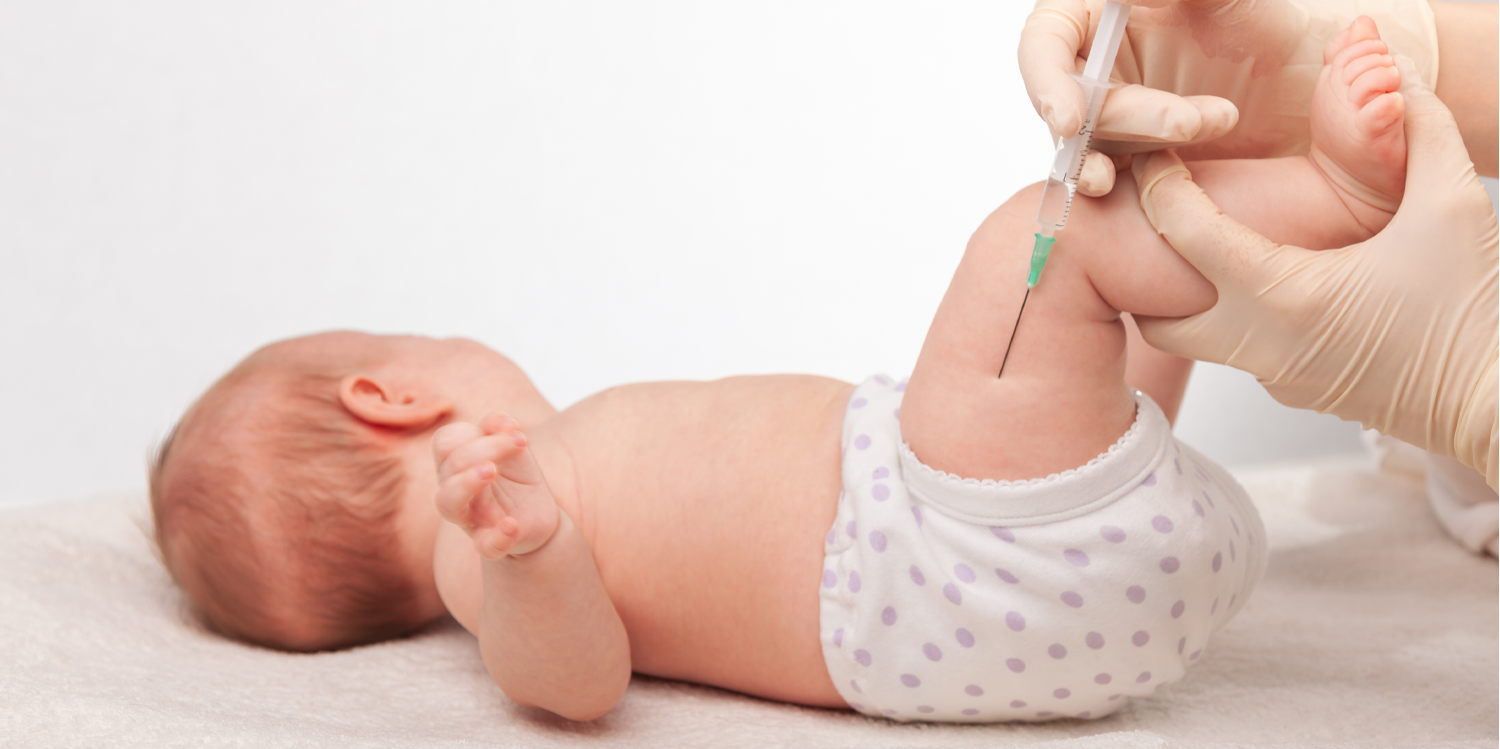A new immunisation program to protect babies against respiratory syncytial virus (RSV) reduced hospitalisation rates across three hospitals by almost 90% and helped more than 500 WA families avoid a hospital stay.
These results came from an Australian-first study into the effectiveness of the long-acting monoclonal antibody called Beyfortus (nirsevimab).
Led by researchers based at the Wesfarmers Centre of Vaccines and Infectious Diseases at the Kids Research Institute Australia, the REVIVE study investigated RSV-related hospital admissions following the introduction of WA’s immunisation program providing babies with the vaccine.
RELATED: RSV vax for WA babies
RSV is a life-threatening virus that affects the airways and lungs and is responsible for sending 3.6 million children to hospitals worldwide each year.
It is especially dangerous for vulnerable young babies at high risk of potentially deadly complications such as severe bronchiolitis and pneumonia.
In 2024, WA became the first state to offer a free RSV immunisation program for all babies born throughout the winter season.
RELATED: WA vaccine push pays off
Lead author of the study Dr Ushma Wadia said: “More than 24,000 doses of nirsevimab were distributed throughout April to September last year, providing coverage to 85% of newborns and 66% of a ‘catch-up’ cohort of babies in the lead-up to their first winter season.”
Researchers worked alongside WA Health to evaluate hospitalisation rates at Perth Children’s Hospital, Fiona Stanley Hospital and Joondalup Health Campus.
Dr Wadia said the study made WA “the first place in the southern hemisphere to successfully demonstrate the major impact of RSV immunisation in young babies”.
The project also investigated the effect immunisation had on the severity of RSV cases, with recipients found to be 60% less likely to require oxygen or assistance with their breathing if admitted with RSV.
Professor Chris Blyth, head of the Wesfarmers Centre of Vaccines and Infectious Diseases and Perth Children’s Hospital physician, said the data gained from the REVIVE study aligned with outcomes from research conducted in the northern hemisphere.
“It can now be used as evidence to inform vaccine policy throughout the world, including in lower-income countries where morbidity rates for RSV are at their highest,” he said.
“Researchers from the Wesfarmers Centre have spent the last two decades participating in global vaccine studies to develop safe and effective world-first RSV immunisations, so being able to see the outcomes of this work first-hand is certainly very rewarding for all involved,” Prof Blyth said.
A $174.5 million national RSV immunisation program is now underway for all pregnant women and newborn babies which hopes to keep 10,000 Australian babies out of hospital each year.
As of 1 April, the Beyfortus jabs have been made available in all states and territories to babies entering their first RSV season who had not already received the maternal vaccine, as well as many high-risk babies entering their second RSV season.
This is in addition to the maternal vaccinations that recently became available to pregnant women.
RELATED: New RSV vaccine
Immunisation Foundation of Australia director Catherine Hughes described the results of the study as “profoundly reassuring” for new parents.
“We know that RSV hospitalisations create a significant strain, not only on our healthcare resources, but also on the infants themselves, who may endure lasting health issues, and on their families, who face immense stress and disruption,” she said.
“We now have a dual approach to RSV prevention, in the form of maternal immunisation and infant immunisation.
“This is probably the biggest public health initiative in the last twenty years and is a real game-changer in the protection of our most vulnerable children.
“For too long, RSV has been the leading cause of infant hospitalisations in Australia and with these programs in place, we anticipate a significant reduction.”
Want more news, clinicals, features and guest columns delivered straight to you? Subscribe for free to WA’s only independent magazine for medical practitioners.
Want to submit an article? Email [email protected]


